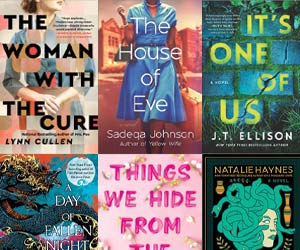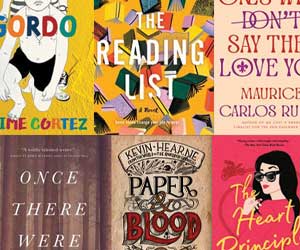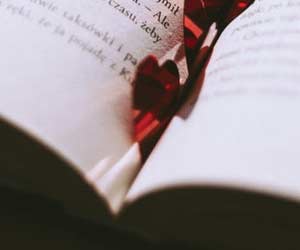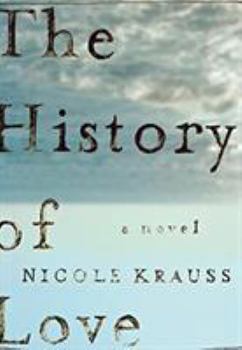History of Love
Select Format
Select Condition 
Book Overview
ONE OF THE MOST LOVED NOVELS OF THE DECADE A long-lost book reappears, mysteriously connecting an old man searching for his son and a girl seeking a cure for her widowed mother's loneliness. New York Times Bestseller Winner of the William Saroyan International Prize for Writin Winner of the Borders Original Voices Awar Finalist for the Orange Priz #1 Booksense Pic Winner of the Edward Lewis Wallant Awar Winner of France's Prix du Meilleur...
Customer Reviews
Very hard to follow
Cute book
The Miraculous Journey of Love and Chance
Extremely faithful and incredibly pure
Multi-Literary Styles Bring Life to Tale of Love and Loss
Brilliant but flawed
Love "History"
The History of Love Mentions in Our Blog

No matter how full our TBR shelves get, we still love browsing (and buying!) new books! Here are seventeen exciting February releases available for preorder, along with suggestions for similar reads you can enjoy right away.


Our TBR shelves are already packed, but that doesn’t stop us from browsing (and buying!) new books! Here are 15 August releases you can preorder, along with suggestions for similar books you can pick up right now.

It's another of those odd, unlikely holidays—Curmudgeon's Day! And, of course, we're celebrating with books! Why are lovable grumps such a staple in literature? Maybe it's because it's so satisfying to find the kind heart underneath all their bluster. Here are seven of our favorite literary curmudgeons.

Aside from the obvious self-help category, books make life better in so many ways that it's hard to imagine existing without them...so we won'! Thankfully, we don't have to. Here are just some of the ways that reading books is as essential as, oh, breathing.





